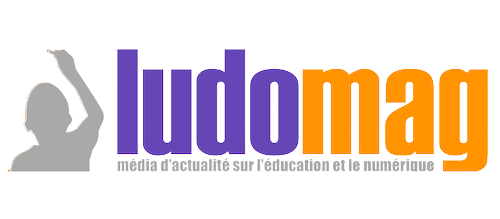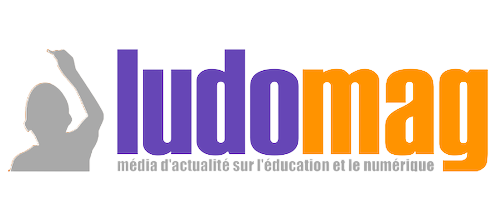INTERVIEW 🎙️ The Digital Strategy for Education 2023-2027 is based on a series of measures aimed at enhancing students’ digital skills and promoting the use of digital tools to improve academic success. These measures were presented by the then-Minister of National Education and Youth, Pap Ndiaye, on Friday, January 27, 2023.
For almost two years now, all stakeholders in the sector have been working together to build a solid, efficient, and trustworthy foundation, giving educational technology the chance it deserves within a complex ecosystem.
A status update and discussion were held with Audran Le Baron (who had been interviewed a year earlier) at the Educatech Expo in Paris-Porte de Versailles in November 2024.
This strategy represents significant progress, as it has finally allowed all those working on educational technology to agree on a collective vision.
However, developments over the months have introduced new elements to the strategy’s landscape, such as the rapid growth of generative AI in 2024 and the work of the « Screen Commission. » Both must be considered to adapt the initial strategy.
“We are assessing what has changed since last year and determining to what extent these changes necessitate adjustments to certain aspects of the Strategy,” explains Le Baron. He adds, “It’s not a complete overhaul; we are maintaining the four key pillars of the Strategy.”
Incorporating the Omnipresence of Generative AI into the Strategy
Audran Le Baron notes that nearly 90% of high school students now use AI to assist with learning. “However, we lack an institutional discourse addressing teachers, students, and parents about whether generative AI can be used and, if so, under what conditions.” he points out.
Advancing the Technical Doctrine of the Strategy
The technical doctrine is one of the deliverables of the strategy’s implementation to organize digital education. In the first year, efforts focused on building the doctrine’s structure, with the initial version published in 2023. “This year, we reached a maturity level with interoperability and responsible digital guidelines,” Audran Le Baron states. The goal for the third year is to operationalize the doctrine, providing concrete tools for stakeholders, such as local authorities and EdTech companies, to implement it within their platforms.
Training: A Key Focus of the Strategy
“Not all teachers are trained in digital tools and AI yet, but progress is being made,” emphasizes Le Baron.
Programs like Pix+ Édu help teachers develop digital competencies specific to their teaching roles, beyond basic digital literacy.
Modernizing the Magistère ecosystem and creating the CREIA (Community for Reflection on Education and Artificial Intelligence) are also part of addressing these training needs.
In the current budgetary context, it is reasonable to question the future of digital education. Despite a strategy that stays on course, how can stakeholders and the educational community be reassured about the months ahead?
“Our approach remains balanced; we don’t claim that digital education will magically solve all educational challenges. While convinced of the value digital tools bring to learning and student performance—backed by research and impact studies—we are not blind to the broader budget constraints, which will require adjustments to certain programs,” explains Audran Le Baron.
“We are exploring ways to do as much, if not more, with fewer resources,” he adds.
For instance, shared resources like the ENT (Digital Work Environment) between the Brittany and Pays de la Loire regions demonstrate effective cost-saving collaborations.
Regarding the resource accounts project, which is under consideration for feasibility in the current financial context, Audran Le Baron highlights ongoing efforts to ensure the sustainability of EdTech’s educational digital resources.
Although resource accounts are no longer an immediate priority due to financial limitations, the Ministry is exploring alternative solutions to maintain the promised longevity of digital resources.
Source and featured image: primabord.eduscol.education.fr/strategie-du-numerique-pour-l-education-2023-2027







